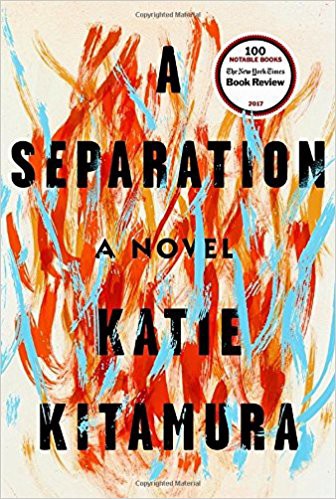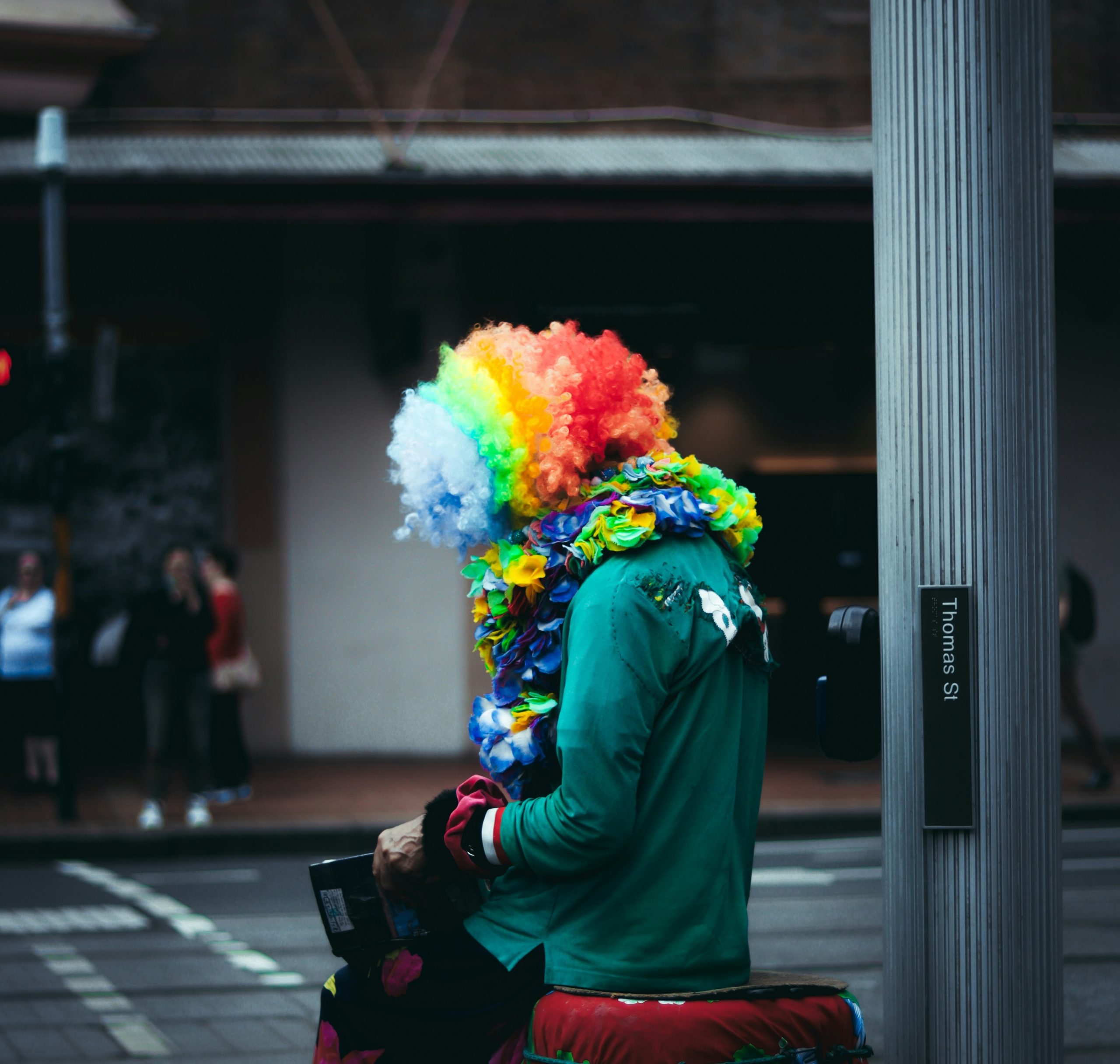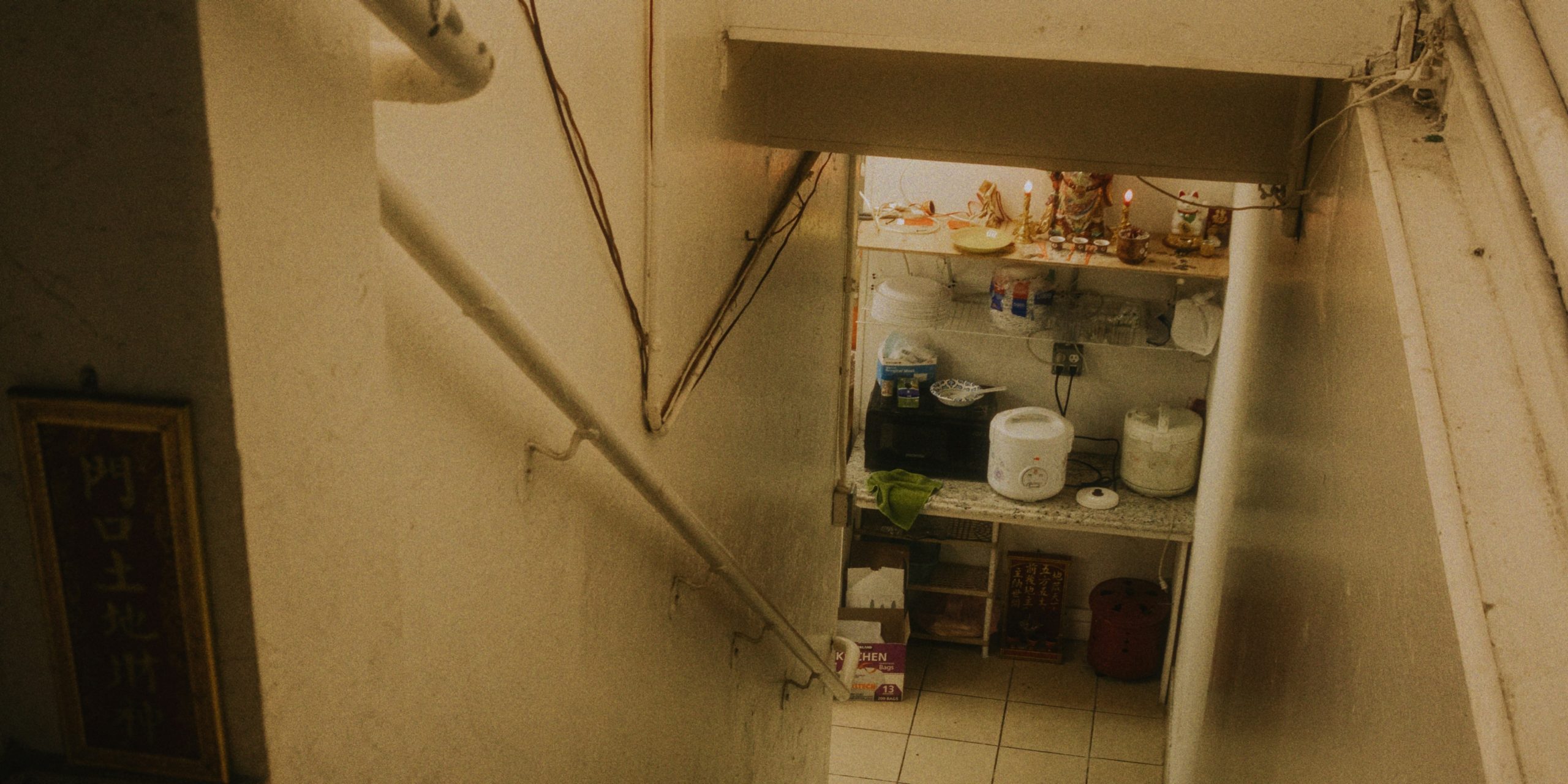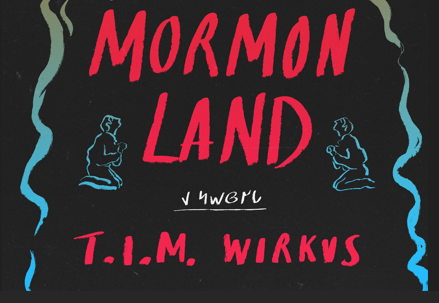Reading Lists
9 Books About Faith That Even Atheists Can Believe In
Whether you’re a believer or a skeptic, these books will make you think about the power—and peculiarity—of religion

This time of year can be tough. While it brings out the festive and the merry, it also means the return of traditions both charming and oppressive, and a lot of religion. For centuries, religious faith has simultaneously been used as a form of liberation and subjugation; some have suffered under the doctrines, while others, in following what is writ, have found freedom and escape from the hardened world. Whatever the practice, both questioning and believing in the divine, the supernatural, or the eternal has always gone hand in hand with being human. Whether you consider yourself to be a devout, an atheist, a nihilist, a unitarian, or somewhere in between, here’s a list of praise-worthy books that explore the tricky business of religiosity and spirituality, the ineffable ether, doubt, and denial.

The Mothers by Brit Bennett
Brit Bennett’s debut opens with a chorus, the fiery matriarchs of a church in Southern California whose observations in part give the novel its name. The drama of Bennett’s novel centers on a secret involving two young lovers and that results in a scandal that irrevocably changes the congregation of the Upper Room Chapel. Written with searing wisdom and gut wrenching honesty, the strength of Bennett’s story lies in its ability to convey how fraught the line between desire and devotion can be. Through her protagonists’ eyes, readers are confronted with the transformative nature of love and loss.
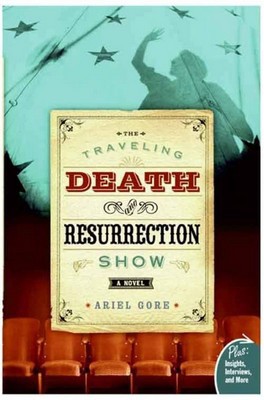
The Traveling Death and Resurrection Show by Ariel Gore
The Traveling Death and Resurrection Show meshes the sideshow circuit with the ritual-steeped tradition of Catholicism. Ariel Gore’s heroine, the orphaned Frances Catherine a.k.a. Frankka, exhibits the wounds of Christ when she’s hungry. This phenomena propels Frankka on a strange yet fascinating series of misadventures alongside a group of oddball performers and seers. As the group’s travels earn them fame and Frankka’s supernatural ability is revealed to the masses, she and her makeshift family find themselves at risk. While on the run, she crosses paths with Dorothy, a deeply devout woman who helps her make sense of not just her abilities, but her life. A tale of self-discovery, faith, and belonging, Gore’s novel will feel hallowed to even the biggest skeptic.
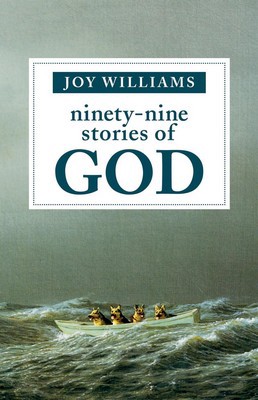
Ninety-Nine Stories of God by Joy Williams
In the first story of her collection, Joy Williams writes, “What she wrote was not important. It was the need that was important.” Throughout Ninety-Nine Stories of God, Williams peels back the many layers of “the need” alluded to in her opening story. Each narrative transforms the concept of god into a metaphor or coping mechanism meant to ease the anxieties of being human. At times, Ninety-nine Stories of God reads like a fabulist scripture, each vignette and flash-length vision bringing her audience closer to understanding the purpose behind the divine and our need to embrace or reject it.
The Power of Reading in the Face of Apocalypse
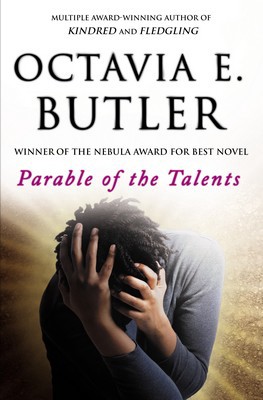
Parable of the Talents by Octavia E. Butler
In the opening to Parable of the Talents, sci-fi pioneer Octavia E. Butler writes, “We are born not with purpose, but with potential.” Prefaced by the sage words from Earthseed’s Book of the Living, Butler’s sequel to Parable of the Sower continues the legacy of Lauren Olamina, a teenage girl who searched for truth and meaning in an apocalyptic world ruled by a maliciously conservative tyrant. Told through a series of journal entries and first person accounts by those who knew her, this arresting, timeless novel examines the way faith is often used to mask intolerance and injustice. Somewhere between a gospel and a cautionary tale, The Parable of Talents will shake you to your core.
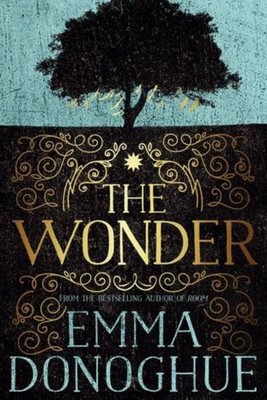
The Wonder by Emma Donoghue
Inspired by the historical phenomenon of fasting girls, Emma Donoghue’s novel The Wonder follows Lib Wright, a nurse, and her observation of Anna O’Donnell, an 11-year-old girl who’s miraculously abstained from eating for four days. Charged with the task of determining whether Anna’s fasting is a miracle or an act of fraud, Lib finds herself immersed in a community rooted in age-old folktales and religious superstition. Through vivid observations and gripping characterization, Donoghue examines the intersection between loss, faith, and the politics of the female body. Each page possesses haunting truths.
Electric Literature’s 15 Best Short Story Collections of 2017
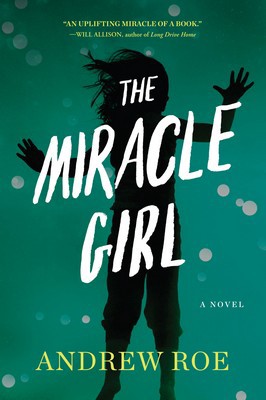
The Miracle Girl by Andrew Roe
The Miracle Girl begins with a multitude of onlookers, believers, and strangers craning their necks in hopes of catching a glimpse of the Anabelle Vincent, a young girl in a coma-like state. A rumor that visiting her bedside can lead to miraculous events spreads, and the small town in which Anabelle rests becomes the epicenter of a national curiosity. Andrew Roe’s enthralling and intimate novel uncovers how believing in the impossible can change a person, for better or worse.
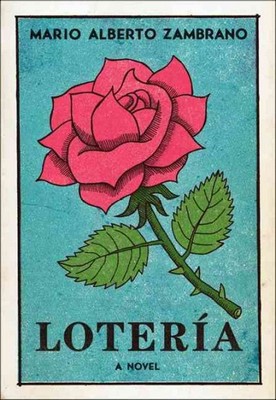
Lotería by Alberto Zambrano
Throughout the spellbinding pages of Mario Alberto Zambrano’s novel, Luz attempts to grapple with the aftermath of a traumatic event. Amidst the chaos, she finds solace in a Lotería deck. A hybrid between playing cards and Tarot, each of these 54 cards help her piece together an experience she’s unable to share verbally. Drawing cards like La Sirena, La Luna, and El Mano become a catalyst and a curative balm alleviating the weight of her family’s deepest secrets and wounds. Zambrano’s narrative is a heartfelt look at how ritual and storytelling can lead to salvation.
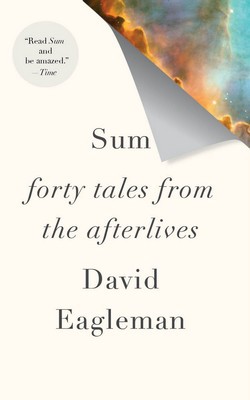
Sum: Forty Tales From the Afterlives by David Eagleman
Sum: Forty Tales From the Afterlives offers readers a hypothetical array of what lies beyond the proverbial veil. With the descriptive prowess of a poet and the pragmatism of a scientist, David Eagleman’s speculative afterlives capture the essence of mortality, the myriad of feelings that go hand in hand with being alive. Whether it be an afterlife defined by softness or an afterlife that only begins once your name is spoken for the last time, Eagleman’s exploration of the eternal will make you examine how you calculate the totality of your life.
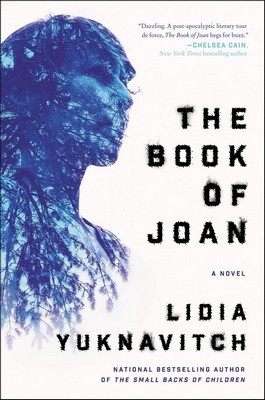
The Book of Joan by Lidia Yuknavitch
Set in an environmentally desolate future, Lidia Yuknavitch’s latest novel is a dystopian take on the story of Joan of Arc. In Yuknavitch’s retelling, the heroine is a young girl named Joan who possesses the power to destroy Jean de Men, a callous cult leader who rules without heart or conscience. Despite her power, Joan is sentenced to death by her enemies, much like her historical namesake. Although she does not survive, her story lives on, inscribed on the bodies and souls of women who, like Joan, yearn to be free. A dark yet illuminating commentary on gender and the dangers of patriarchy, The Book of Joan is a riveting meditation on the power of resistance.




